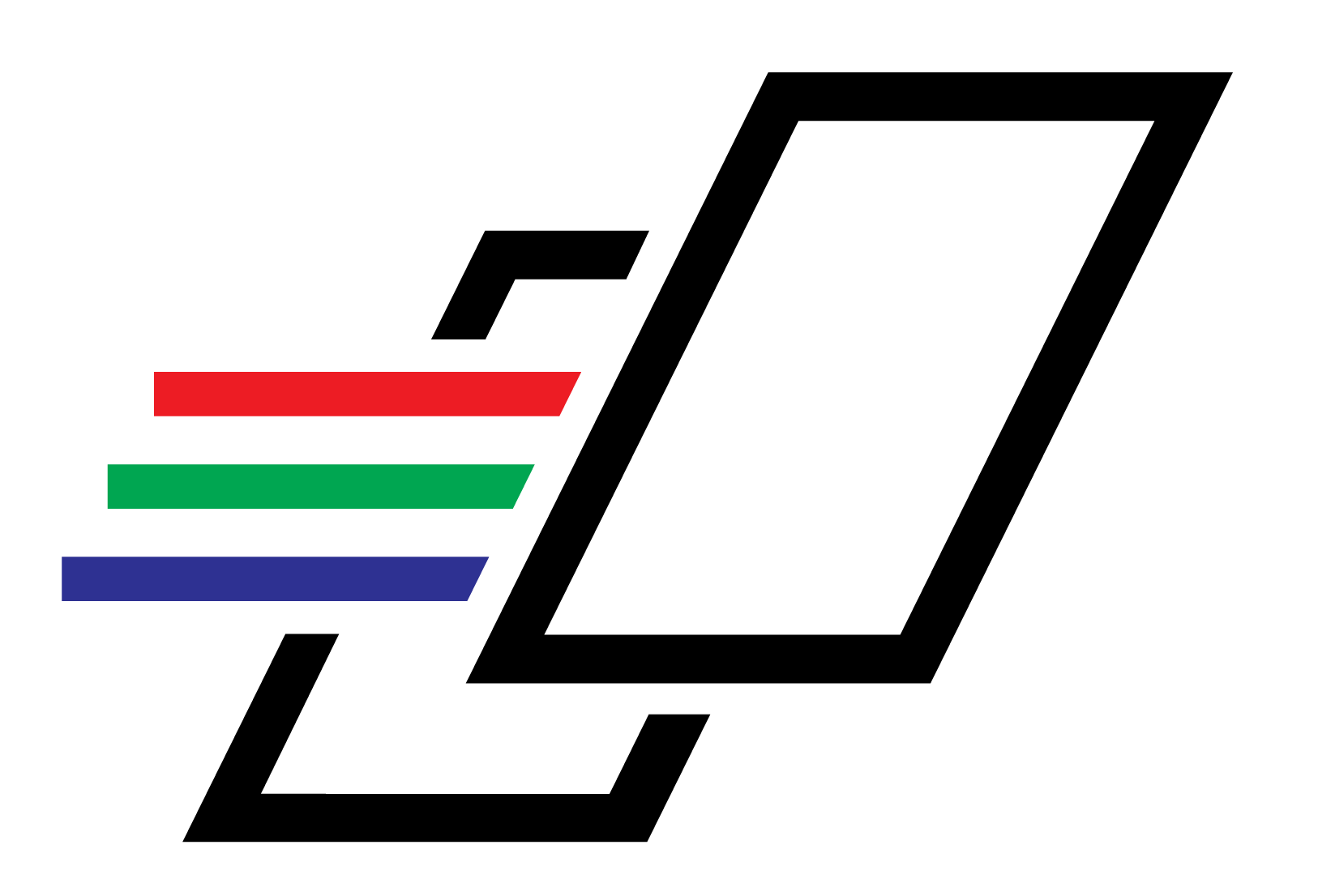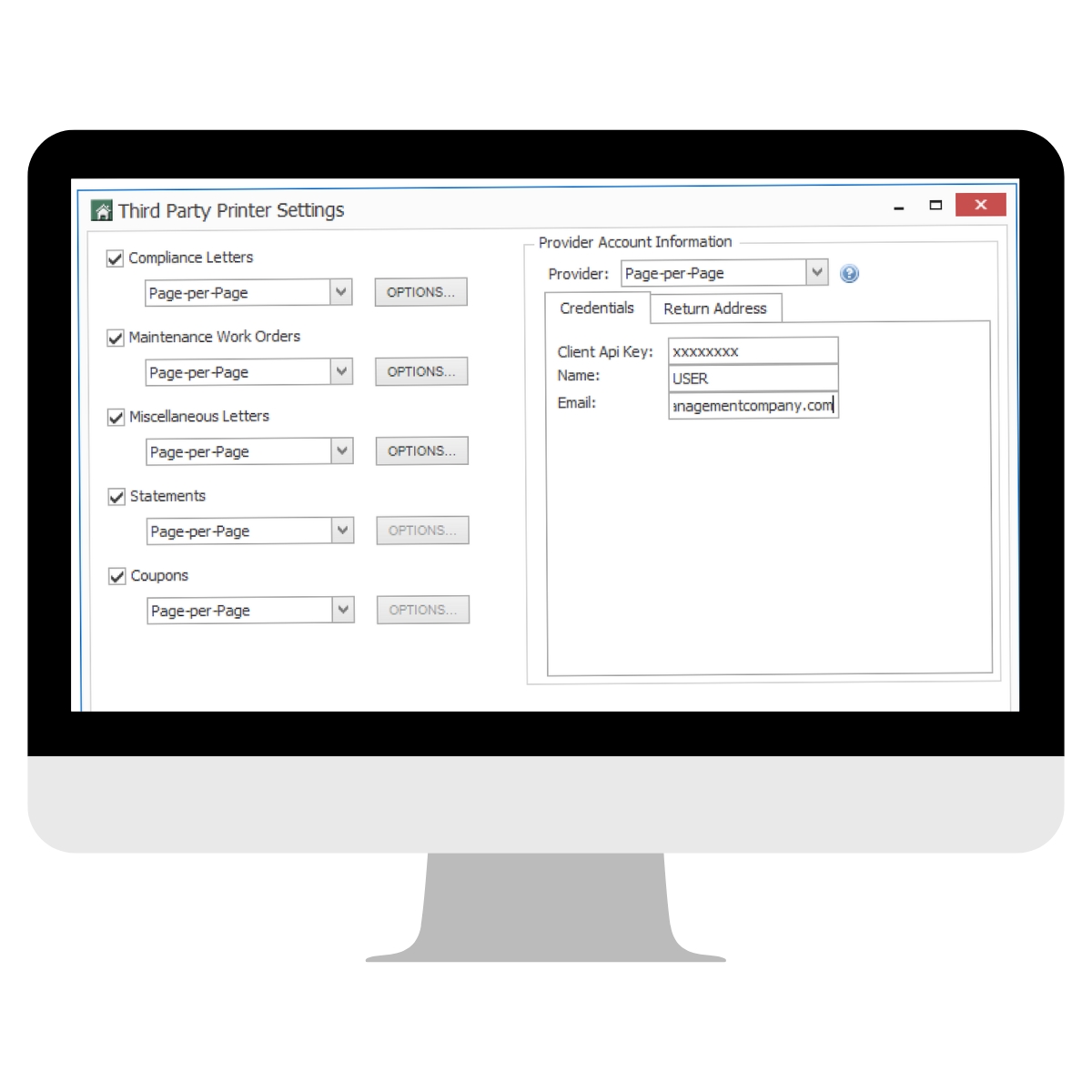Facebook and Nextdoor: two social media giants popular with the over 30 set. Are they easy to use? Sure. But utilizing them as an official HOA communication tool is a BIG mistake for board members and CMCs. Here’s why.
Spreads Negativity and Discontent Among Homeowners
While networks like NextDoor and Facebook aim to create positive experiences by connecting users with neighbors and friends, they can also become a hotbed of negativity. Encouraging homeowners to utilize this space for communication can quickly backfire, becoming an outlet for complaints rather than a place to address and resolve issues. Unmoderated comment sections can rapidly become echo chambers for homeowners who are upset about a recent increase in dues, or mounting violations that the HOA was obliged to send. This can perpetuate a poor reputation for the HOA or CMC, and leave them unable to respond and address issues, leaving a bad taste in homeowners mouths.
In fact, the National Director of Training and Community Association Management for RealManager, Mary Arnold, states, “Social media should be just that. Facebook, NextDoor, and other sites are a tool that residents can use to communicate socially with each other.” She continues, “But social media shouldn’t be for official association business because you can’t control what someone says there. If someone says something defamatory and the HOA endorses it, you could be liable.”
Minimal Two-Way Communication
A major benefit of being part of an HOA is that all homeowners have a voice. They are able to elect who they want to represent them, vote on important issues that affect the community, and even express concerns to the board. But communication is a two-way street. Just because there is a community Facebook page, doesn’t mean board members will be allowed in. Using a platform that can block key members from participating immediately breaks down communication and begins a one-sided conversation. By relying on platforms that are not set up to host productive back and forth conversation, a barrier between homeowners and the board is formed.
HOA member, Chris Englert, created and moderated her neighborhood Facebook page for two and a half years. Unfortunately, it was for neighbors only. While her intention was not to alienate board members, the HOA spent nearly 3 years unable to get a pulse on the community. They were locked out of discussions concerning privacy, business, and even neighborhood bylaws. Without knowing how the community feels, board members can’t manage it efficiently. That’s why it’s important to provide a space where homeowners and the board have a voice, and the HOA can respond and address problem areas in a meaningful, solution-focused way, such as an HOA website.
By creating your own HOA website, you have the ability to add features such as a forum and direct messaging that allow for discrete two-way communication, allowing the HOA to monitor and control the narrative so that it remains positive and productive.
Homeowner Privacy and Scamming Concerns
On Facebook and Nextdoor, homeowner privacy and security are never guaranteed. These giants have access to user information and can target homeowners with intrusive ads. But more importantly, unsavory individuals with malicious intentions can easily make their way onto the platform. Buzzfeed wrote at length about how Nextdoor has become “the platform for scammers to rip off your parents, describing it as a “petri-dish for low-level crimes.” Brandy Bauer, associate director at the National Council on Aging, told Buzzfeed, “There’s a false sense of security on Nextdoor that, because these are people in your immediate community, they must be trustworthy. Because of that, people may be less likely to use due diligence in researching contractors and caregivers.” Plus, Nextdoor shares users’ full names and addresses with others in the neighborhood by default, while giving scammers insights into what home-based products or services they may need to buy. This lack of security is exactly why you should steer your community away from Nextdoor and toward an HOA website community that you own and moderate.
Instead, Stay Connected with Your Community
It’s evident why board members shouldn’t rely on these platforms as the sole source of communication between themselves and homeowners. Where Facebook and Nextdoor functionality falls short, you can provide an HOA website that includes everything homeowners genuinely need. This purpose-built platform is provided by Hoampage.
With Hoampage, homeowners will get access to a payment portal, community forums, a directory, and calendar page for events. Additionally, board members will have their own profile pages and can upload documents and forms for easy homeowner access.
Hoampage is a platform built by experts in the industry and developed based on the needs of each individual HOA. With a few, simple steps, your community can run more efficiently.





